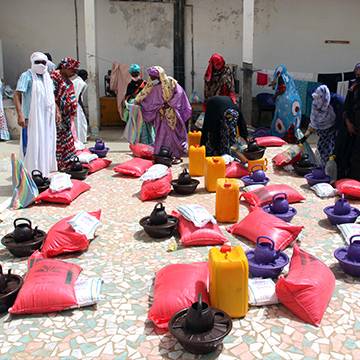
CONCRETE ACTIONS IN RESPONSE TO THE COVID EMERGENCY
25 June 2021
Across the five countries of intervention of the programme, measures have been put in place to respond to the health emergency linked to COVID-19 with the purpose of maintaining continuity of service to the beneficiaries at all costs.


The crisis triggered by the COVID-19 epidemic has made the precarious situation of the most vulnerable people substantially worse, and foremost among them those living with HIV. In the five countries of intervention of the FORSS program, the measures put in place by governments to respond to COVID-19 (social distancing, complete or partial lockdowns, curfews, travel bans within territories, etc. ) have impacted access to healthcare services and in particular the regions that are least well served. Prevention, screening or psycho-social support activities have been heavily scaled back and community-based stakeholders did not have the means (financial and health-related) to satisfactorily respond to the crisis while avoiding the spread of the virus.
Given the urgency of the situation and thanks to support for the initiative, Solidarité Sida created a fund to enable each of the partner associations to provide for the immediate basic needs of their beneficiaries by distributing food parcels and hygiene kits and by adapting their actions in order to ensure continuity of service:
- ATP+ took up the task collecting ART treatments from health centres on behalf of their beneficiaries and then delivering them to their homes in order to avoid these individuals having to run the risk of going to the health centres themselves. The non-profit was also able to maintain its legal assistance work remotely, via use of social networks or telephone lines.
- Al Shehab set up online social and legal support services for their most vulnerable beneficiaries.
- AGD produced short publicity spots on preventing COVID-19 and simple measures that can help reduce the spread which were shared on social media.
- M-Coalition was part of a coalition of several non-profits providing support to the most vulnerable LGBT+ in Beirut and the surrounding regions. The organisation also produced documents on prevention aimed at non-profits in the MENA region and their beneficiaries.
- RdR-Maroc maintained some of its mobile awareness-raising campaigns and the distribution of unused syringes to beneficiaries. Psycho-social and legal support was also maintained by telephone.
- As the host organisation of the MENA platform of the Global Fund, ITPC-MENA ensured that support continued to be provided to member associations by adapting its tools and offering online training.